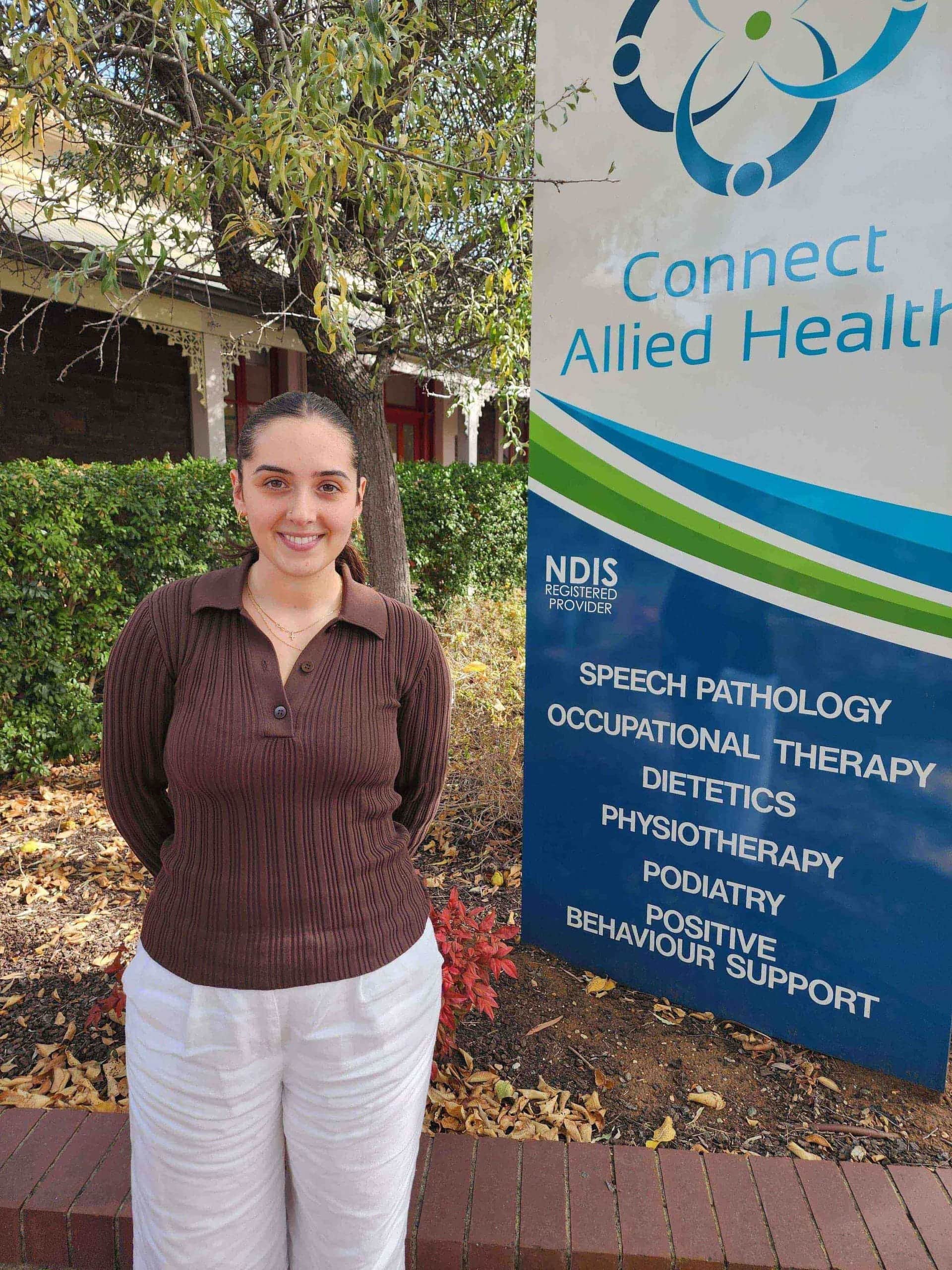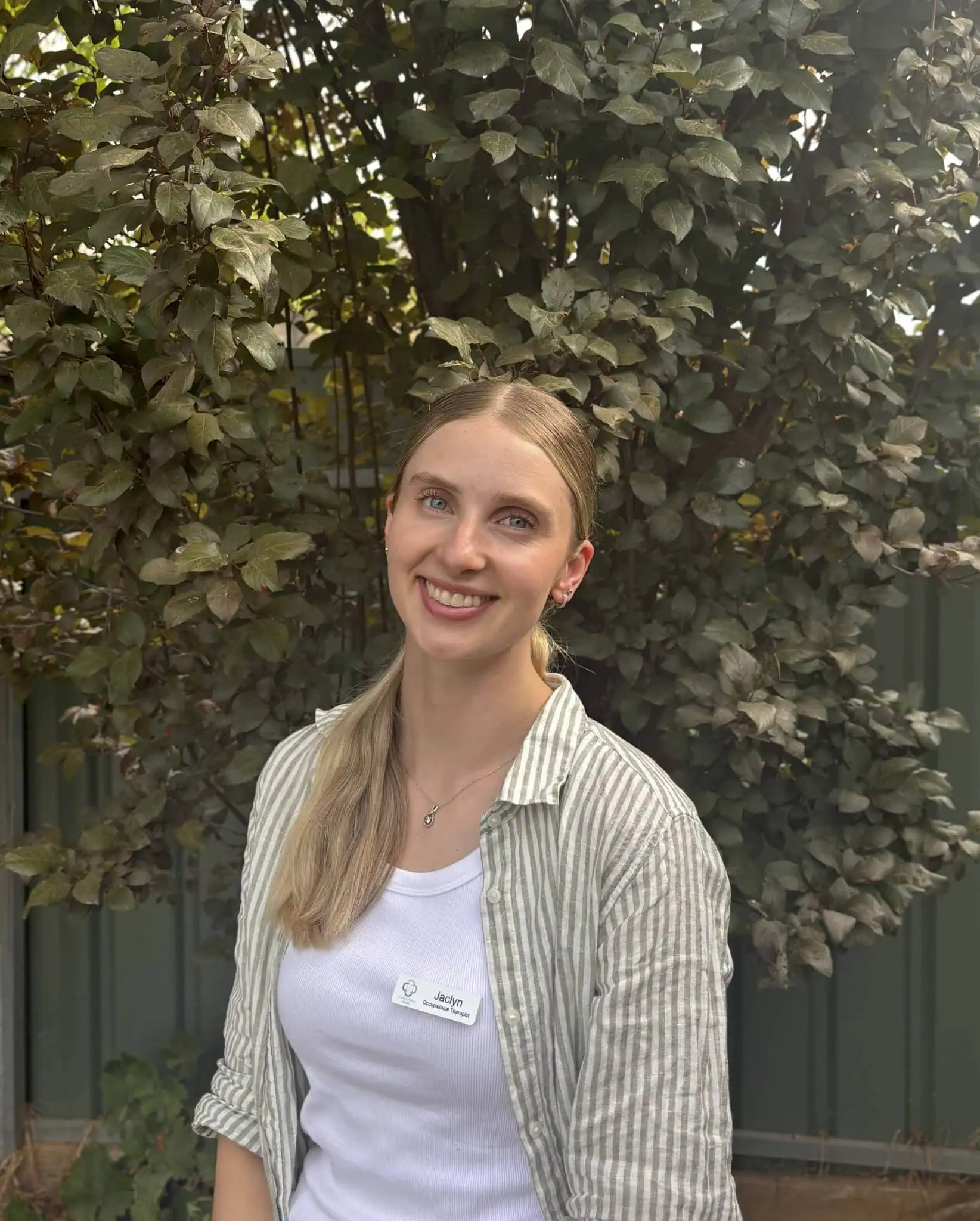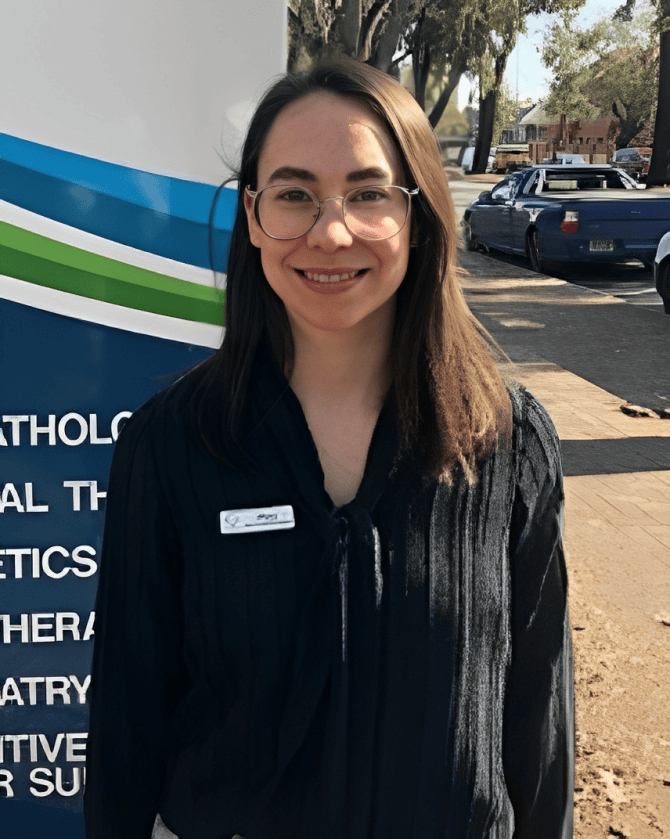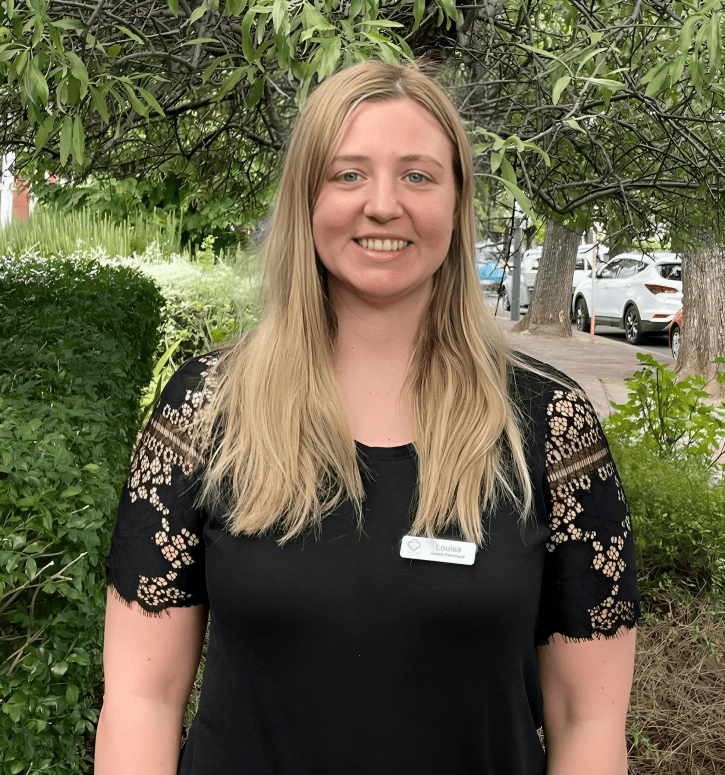
Personalised, Accurate Autism Assessments in Adelaide
Connect Allied Health

The term ‘spectrum’ is used to indicate that no two people with Autism Spectrum Disorder (ASD) are the same. This is why, at Connect Allied Health, we help neurodivergent people understand and embrace their individuality.
Our autism assessment service in Adelaide helps identify the pervasive developmental disorder of autism patients, including their specific strengths and challenges. Then, we empower them and their families with the skills, tools, and strategies needed to enhance their participation in everyday life—at home, school, and during play.
At Connect Allied Health, we provide compassionate, evidence-based autism spectrum disorder assessments in Adelaide that are personalised to each individual’s needs.
Understanding & Supporting Neurodiversity with an Autism Diagnostic Assessment
Every child’s development is unique. That’s why we focus on precision and care.
The American Psychiatric Association’s Diagnostic and Statistical Manual of Mental Disorders (DSM), now in its fifth edition, provides a comprehensive framework for diagnosing ASD. The DSM-5 is now the primary system for diagnosing mental health conditions in Australia.
We provide clarity and actionable steps through clinical assessments and input from occupational therapy and medical specialists.
Let’s help you understand neurodiversity better – because the right support starts with the right diagnosis.


Diagnostic Criteria for Autism Spectrum Disorder
Our diagnostic team uses the American Psychiatric Association’s Diagnostic and Statistical Manual to guide accurate autism diagnoses. We assess social communication challenges and comprehensive cognitive assessments, delving deep into your child’s needs.
Early, accurate autism diagnoses create pathways for personalised support.
Your child’s development matters. Our evidence-based approach ensures accurate diagnosis, not assumptions. Understanding starts here. Support begins with us.
Signs One Might Need an Assessment
The following signs are indicators of Autism Spectrum Disorder (ASD) that could be affecting an individual’s behaviour and development. It’s important to note that no single sign typically confirms ASD; instead, a combination of several indicators is usually present.
Social communication and social interaction across contexts:
- Abnormal social approach, including intrusive touching of others.
- Difficulty with back-and-forth conversation, such as failing to respond when their name is called, not initiating conversations, or engaging in one-sided conversations.
- Reduced sharing of interests and a lack of showing or pointing out objects of interest.
- Limited sharing of emotions, such as a lack of responsive social smiles, failure to share enjoyment, or not showing pleasure in social interactions.
- Poor social imagination, impacting understanding of social scenarios.
- Impairment in the social use of eye contact.
- Challenges in using and understanding body postures and gestures.
- Abnormalities in speech volume, pitch, and intonation.
- Difficulty using and interpreting facial expressions.
- Trouble taking another person’s perspective.
- Challenges adjusting behaviour to suit different social contexts.
- Problems making friends and reduced interest in interacting with others.


Restricted, repetitive patterns of behaviour, interests or activities:
- Echolalia (repetition of words, phrases, or more extensive songs and dialogue), repetitive vocalisations (such as repetitive sounds, humming)
- Hand flapping, spinning, toe walking, excessive teeth grinding
- Non-functional play with objects, lining up toys and objects, repetitively opening and closing doors, or repetitively turning lights on and off
- Adherence to unusual routine
- Excessive resistance to change
- Rigid thinking
- Highly fixated interests
- High or low reactivity to sensory input (sound, smell, touch, taste, visual)
Still not sure if an autism assessment is the right step? Contact us today for guidance and support tailored to your concerns.
Prevalence of Autism Spectrum Disorder
Autism Spectrum Disorder (ASD) is a relatively common neurodevelopmental disorder affecting hundreds of thousands of kids in Australia.
1 in 100 Australians (more than 260,000 people) are on the spectrum. Early detection and intervention make a world of difference.
This rise in prevalence highlights the growing need for awareness and resources to support individuals with ASD. ASD affects individuals of all ages, ethnicities, and socioeconomic backgrounds and is more common in males than females.
Early identification and diagnosis of ASD are critical for providing timely and effective interventions, which can significantly impact an individual’s long-term outcomes.
Frequently Asked Questions
How much does the ASD assessment cost in Adelaide?
The cost of an ASD assessment in Adelaide can range from approximately $1,400 to $3,815. A comprehensive assessment, including a psychologist and speech pathologist evaluation, can start from around $2,000. Medicare rebates may be available with an appropriate referral from a paediatrician or psychiatrist, which can help reduce out-of-pocket expenses.
What are the benefits of an autism assessment?
An autism evaluation delineates a person’s capabilities and difficulties, enabling the family to understand some attitudes or challenging aspects. It also helps ensure that all the required services are available, including funds from the National Disability Insurance Scheme (NDIS), and that individual intervention plans are put in place.
What does the autism assessment process involve?
The evaluation entails clinical observations, interviews with caregivers, and the application of specific tools such as the Autism Diagnostic Interview-Revised (ADI-R) and the Social Responsiveness Scale (SRS-2). In Connect Allied Health, the assessments last, on average, 3-4 hours, and same-day reports and recommendations are provided. A comprehensive report is given within a fortnight.
How is an autism diagnosis made in South Australia?
For a diagnosis of autism spectrum disorder to be issued in South Australia, specifically in Adelaide, two certified professionals, such as a psychologist and a speech development specialist, must assess the individual under DSM-5 criteria. The assessment can either occur in a two-clinician environment or be done by two clinicians working in different environments.
Why is early identification of autism important?
It is possible to intervene in a manner suitable for the child’s age at the right time, which is very important in promoting the child’s development, especially in language, social, and behavioural development. Early assistance and intervention can promote outcomes and enable individuals affected with Autism Spectrum Disorders to maximise their potential throughout their lives.


























































